18 Places Where Doctors Are Bored (Because No One’s Sick)
Being healthy is a lifestyle that runs deep in some parts of the world. These countries stand out for long lifespans, low disease rates, clean environments, and healthcare systems that actually work. Here’s how different parts of the globe stay winning in the health department.
Japan

- Credit: flickr
Japan has an average life expectancy of 84.3 years, which tops the list for longevity. Its national diet—rich in fish, rice, seaweed, and vegetables—is packed with nutrients and low in saturated fats. Walking is a normal part of everyday life, and its universal healthcare system is ranked among the most efficient globally.
Switzerland

- Credit: flickr
Fresh air, clean water, and a health system that covers every citizen—that’s the Swiss trifecta. In addition to the country’s obsession with outdoor sports, from skiing to cycling, it makes sense that heart disease and obesity rates are low. The World Health Organization consistently ranks Switzerland’s healthcare quality near the top!
Iceland

- Credit: flickr
With barely 400,000 people, Iceland keeps things simple and healthy. Its geothermal energy keeps pollution low, and its fish-based diet is full of omega-3s. What really sets it apart? Community. According to OECD data, strong social support directly lowers stress and boosts mental well-being.
Singapore
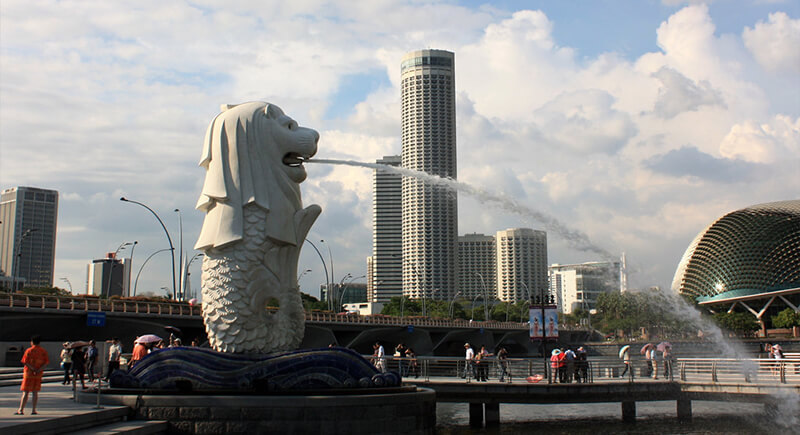
- Credit: flickr
Singapore’s government doesn’t mess around when it comes to health. Strict laws keep smoking and pollution under control, and their public healthcare system delivers high-quality treatment at low cost. Locals enjoy a mix of Eastern and Western medicine, and life expectancy here is an impressive 83.5 years.
Italy

- Credit: Wikimedia Commons
It’s not just the pasta. Italians benefit from the best ingredients in a Mediterranean diet—olive oil, fresh veggies, and lean protein. That, combined with their slow-meal culture and strong family ties, reduces stress and keeps chronic diseases at bay. Their healthcare system ranks high on efficiency and access, too.
Norway
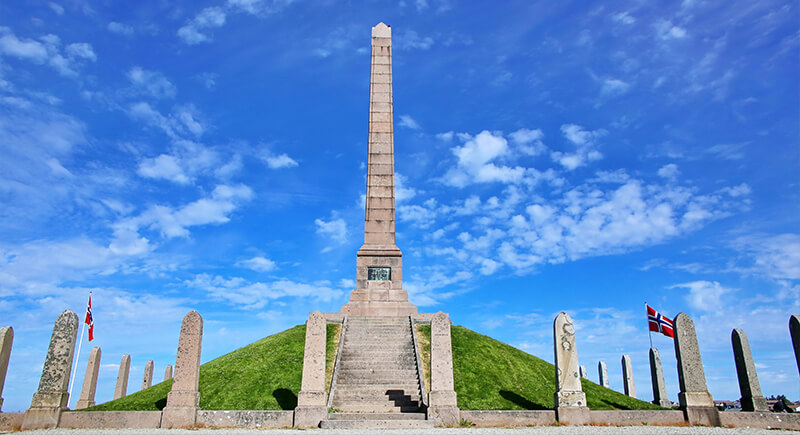
- Credit: pexels
Norway’s healthcare is free for everyone, paid for by high taxes, but it works. It also has a low crime rate and high education levels. Add nearly untouched nature that encourages hiking and cross-country skiing, and you get one of the healthiest lifestyles. Mental health gets serious attention here as well.
Australia

- Credit: pexels
Sunshine and serious food standards put Australia on the health radar. The Land Down Under has a strong focus on prevention, including mandatory food labeling and aggressive anti-smoking campaigns. Obesity is still a concern, but Aussies remain active and benefit from excellent universal healthcare and early disease detection.
Finland
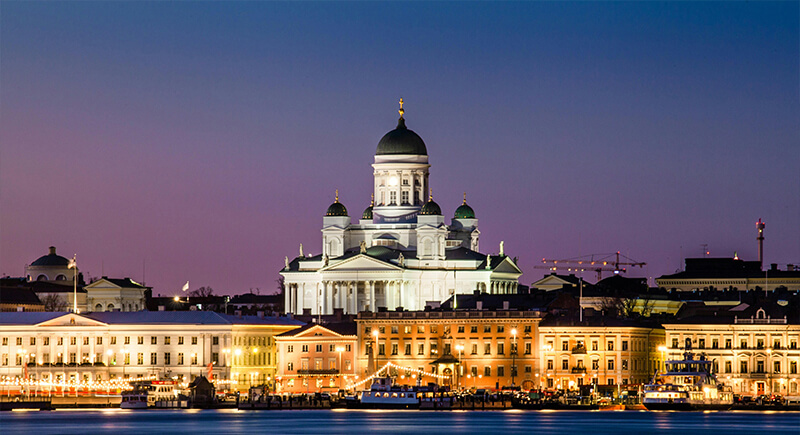
- Credit: pexels
Decades ago, Finland decided to improve its health record, and it worked. Today, it has some of the lowest infant mortality rates and highest life satisfaction scores worldwide. Due to public health efforts, salt intake has dropped by 60% over the years, and mental health is addressed early and often.
Spain

- Credit: pexels
Spanish people live longer than almost anyone else in Europe, averaging 83.3 years. Daily walking, plenty of social time, and the Mediterranean diet play huge roles. Public healthcare is free and accessible, and family is central to life.
Sweden
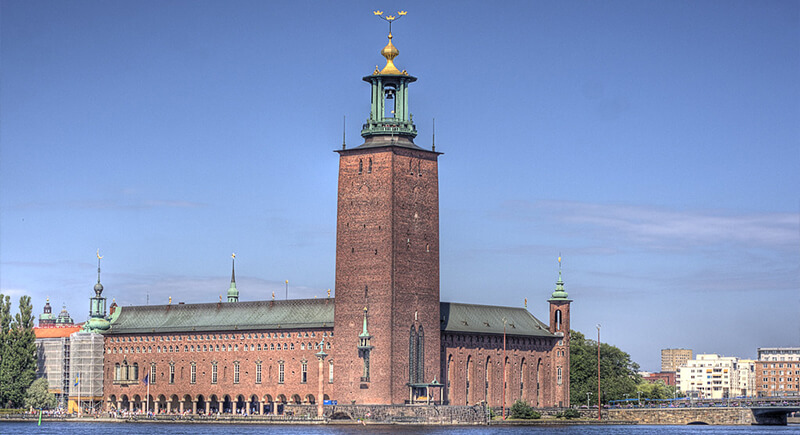
- Credit: flickr
Sweden takes health seriously from childhood—kids are taught to eat balanced meals and stay active. The air is clean, and tap water is pristine. Public transport also means fewer emissions. Regular checkups are standard, and their healthcare system focuses on early detection, which prevents bigger health issues down the road.
Costa Rica

- Credit: Wikimedia Commons
With life expectancy rivaling the U.S., Costa Rica runs on the “pura vida” mindset, which encourages low-stress, community-centered living. Their universal healthcare system, CAJA, provides solid medical care, and many residents stay active well into old age. Regions like Nicoya are designated Blue Zones, where people regularly live past 100.
South Korea
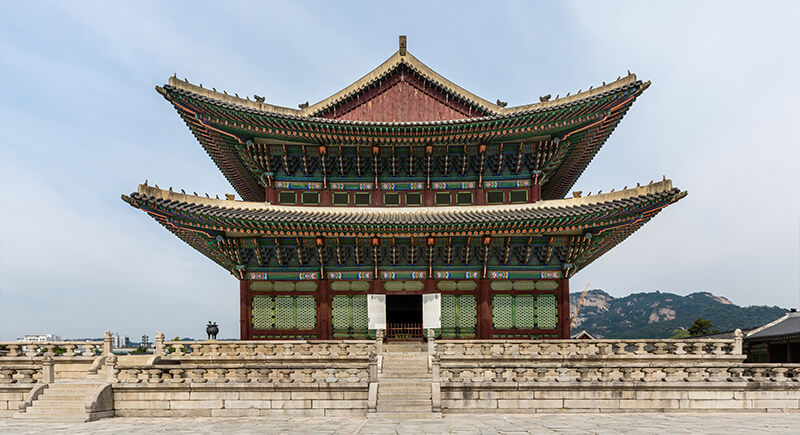
- Credit: Wikimedia Commons
South Korea’s health game has both technology and tradition. Universal coverage ensures everyone can access doctors, with annual health screenings practically required. Combine that with a low-fat, high-vegetable diet and low alcohol consumption among older adults, and it’s no surprise the country has one of the lowest obesity rates in the world.
France

- Credit: pexels
France ranks high for both healthcare quality and food. They’re all about portion control and savoring meals, which helps keep obesity low. Preventive care is a big deal here, and health insurance is universal. The French walk a lot, especially in cities like Paris, where cars are often optional.
New Zealand

- Credit: pexels
Nature does much of the heavy lifting in New Zealand. There is easy access to outdoor activities, and strict environmental laws force pollution levels to stay low. Their healthcare is public and efficient, and mental health services are a national priority. Locals also tend to eat fresh, homegrown food regularly.
Canada

- Credit: flickr
Aside from having some of the safest cities in the world, Canadians get free healthcare and clean water. But it’s not just services—it’s habits. Biking trails, community centers, and government-led fitness initiatives keep people moving. Smoking rates have also dropped sharply in the last two decades.